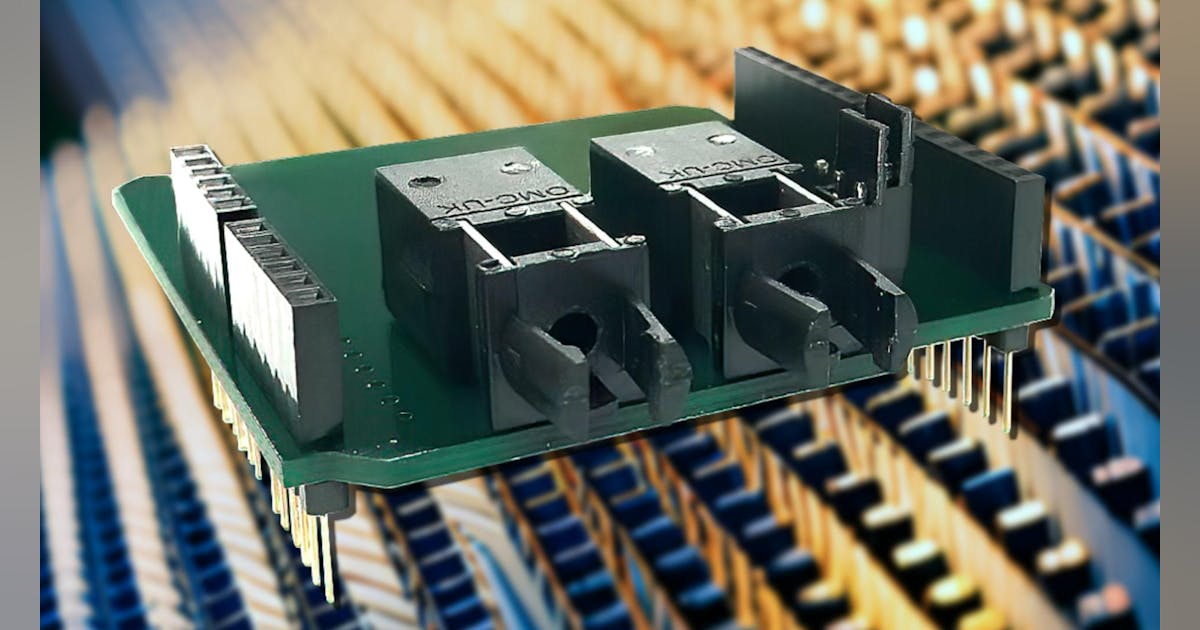In today's fast-paced online world, the need for reliable and fast internet has never been more essential. As our online tasks expand—spanning from streaming HD content to taking part in virtual meetings—having an efficient internet connection is crucial. This is where fiber internet plays a crucial role, offering substantial advantages that distinguish it from conventional broadband options such as DSL and cable. Thanks to its unparalleled speed, dependability, and ability to handle multiple devices at the same time, fiber optic internet is rapidly becoming the preferred choice for homes and companies alike.
Recognizing the advantages of fiber optic internet illuminates why it truly stands as the next evolution of connectivity. From crystal clear video calls to smooth online gaming experiences, fiber internet transforms how we interact with technology. The days are over of buffering during your favorite show or delays during an important work meeting. By examining the numerous advantages of switching to fiber internet, it becomes clear that investing in this technology is not just a decision for today but a move toward ensuring the future of our homes and workplaces.
Key Benefits of Fiber Optic Internet
One of the primary benefits of fiber internet is its incredible performance. Fiber connections can deliver high-speed download and upload speeds, allowing users to enjoy buffer-free streaming, quick downloads, and delay-free gaming. This speed is essential in a world where high-definition video content and big file transfers are becoming the norm. With fiber internet, waiting for a video to buffer or a file to download is a matter of the past, offering users with the capabilities they need.
In addition of speed, fiber optic internet provides superior reliability. Unlike traditional cable or DSL connections, fiber is less susceptible to disruptions from environmental factors and material obstacles. This means steady performance, even during storms or in crowded network environments. Businesses and households alike can benefit from this reliability, ensuring a smooth online experience for streaming, remote work, or participating in video calls.
Another key advantage of fiber internet is its ability to support multiple devices without a noticeable drop in speed. As FTTH Internet become more connected with smart devices, having a reliable internet connection is important. Fiber's high bandwidth allows families with many devices to stream, game, and surf simultaneously without encountering delays. This makes fiber optic internet an ideal choice for modern households that rely heavily on connectivity.
Fiber optic internet vs. Traditional Choices
Fiber internet stands out markedly when compared to conventional internet options like Digital Subscriber Line & Cable. One main benefit lies in the superior speed and bandwidth capacity it offers. Although Digital Subscriber Line & Cable often struggle with elevated latency & reduced upload speeds, fiber provides seamless, fast connectivity capable of meeting today’s requirements. Consequently, this results in faster downloads and upload speeds, making tasks such as video streaming, online gaming, & remote work much more efficient.
Another notable difference concerns the consistency of fiber internet. Fiber internet proves to be more resistant against disruptions from weather and distance to the provider. Unlike conventional cable & Digital Subscriber Line services, that may suffer performance degradation at peak times or bad weather, fiber maintains consistent speeds & a reliable connection. Such reliability is vital for households with multiple users and companies relying on continuous internet access.
Ultimately, fiber internet provides superior security over traditional internet services. Fiber connections are naturally more secure, since they are less prone to security breaches and data theft, a significant issue among cable services or DSL networks. FTTH to qualities like low latency and high performance, fiber not only meets the demands of modern users but also provides assurance about data security. As we progress into an increasingly digital world, the advantages of choosing fiber instead of traditional options become clearer, establishing it as the smart choice for families and businesses too.
The Prospect of Connectivity with Fiber Optic
While keeps to evolve, fiber internet is emerging as the backbone of modern connectivity. Due to its capability to provide blazing fast speeds and unparalleled consistency, fiber is establishing the framework for a future where smooth online interactions become the standard. Businesses and households alike are recognizing that the need for rapid internet is not anymore a privilege but a necessity to remain competitive and linked in an ever more online world.
One of the key advantages of fiber internet is its capacity to support a large number of gadgets at the same time without having a decrease in speed. This advantage is especially important for large families and companies where several users are streaming content, participating in video conferencing, or participating in gaming online at the same moment. Fiber gets rid of the annoyance of pausing and delays, making sure that every user enjoys a seamless and effective digital experience, no matter how many the number of devices are connected.
Looking ahead, the integration of smart technologies and advancements in cloud computing additionally highlight the significance of fast and reliable internet. Fiber optic technology not only enhances the capabilities of smart devices but also ensures that data-intensive applications, including telehealth services and online education, function without disruptions. With the demand for higher bandwidth continues to grow, fiber internet stands out as the solution that can address the challenges of tomorrow's online environment.

